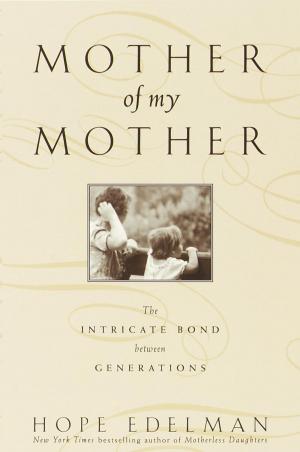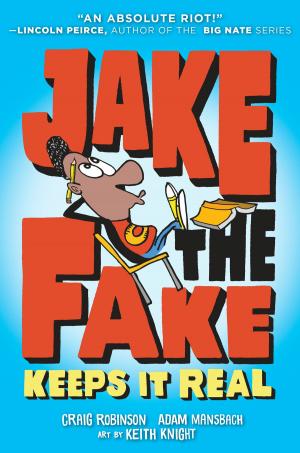| Author: | Norma Clarke | ISBN: | 9781446475713 |
| Publisher: | Random House | Publication: | July 31, 2011 |
| Imprint: | Vintage Digital | Language: | English |
| Author: | Norma Clarke |
| ISBN: | 9781446475713 |
| Publisher: | Random House |
| Publication: | July 31, 2011 |
| Imprint: | Vintage Digital |
| Language: | English |
Dr Johnson's friendships with the leading women writers of the day was an important feature of his life and theirs. He was willing to treat women as intellectual equals and to promote their careers: something ignored by his main biographer, James Boswell. Dr Johnson's Women investigates the lives and writings of six leading female authors Johnson knew well: Elizabeth Carter, Charlotte Lennox, Elizabeth Montagu, Hester Thrale, Hannah More and Fanny Burney. It explores their relationships with Johnson, with each other and with the world of letters. It shows what it was like to be a woman writer in the 'Age of Johnson'. It is often assumed that women writers in the eighteenth century suffered the same restrictions and obstacles that confronted their Victorian successors. Norma Clarke shows that this was by no means the case. Highlighting the opportunities available to women of talent in the eighteenth century, Dr Johnson's Women makes clear just how impressive and varied their achievements were.
Dr Johnson's friendships with the leading women writers of the day was an important feature of his life and theirs. He was willing to treat women as intellectual equals and to promote their careers: something ignored by his main biographer, James Boswell. Dr Johnson's Women investigates the lives and writings of six leading female authors Johnson knew well: Elizabeth Carter, Charlotte Lennox, Elizabeth Montagu, Hester Thrale, Hannah More and Fanny Burney. It explores their relationships with Johnson, with each other and with the world of letters. It shows what it was like to be a woman writer in the 'Age of Johnson'. It is often assumed that women writers in the eighteenth century suffered the same restrictions and obstacles that confronted their Victorian successors. Norma Clarke shows that this was by no means the case. Highlighting the opportunities available to women of talent in the eighteenth century, Dr Johnson's Women makes clear just how impressive and varied their achievements were.









![Cover of the book Fuego del corazón (Saga de Alvin Maker [El Hacedor] 5) by Norma Clarke](https://www.kuoky.com/images/2013/july/300x300/9788490194713-Fl4M_300x.jpg)





